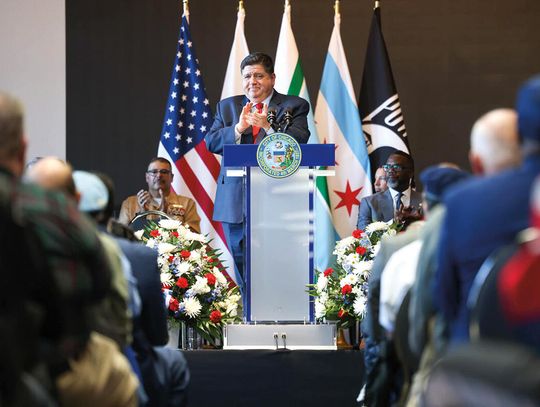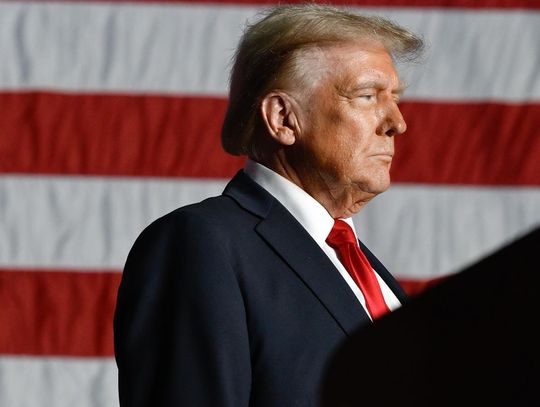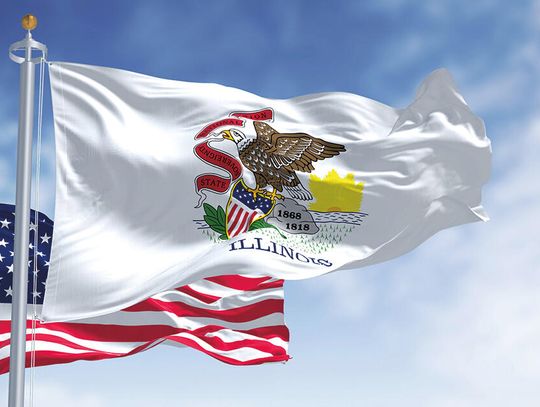Na piątym miejscu znalazł się prezydent cieszący się zaufaniem 36 proc. obywateli. Sądowi Najwyższemu ufa 34 proc. Amerykanów. To dość niepokojące liczby. Zwątpienie i cynizm Amerykanów wobec trzech gałęzi rządu wynika z szeregu różnych czynników. Amerykanie są zbulwersowani polaryzacją i politycyzacja, ujawnianą ostatnio przez te instytucje.
Od czasu decyzji w sprawie wyborów prezydenckich w 2000 r. Sąd Najwyższy, który powinien być ponad polityką wydaje się być podzielony na frakcje polityczne, z których każda próbuje forsować własną agendę.
Kongres i urząd prezydenta to instytucje polityczne, lecz treść amerykańskiej polityki bardziej opiera się na zaspokojeniu satysfakcji własnych wyborców niż rozwiązywaniu problemów w postaci tworzenia miejsc pracy, wzrostu gospodarczego czy reformy podatkowej.
Brak zaufania Amerykanów do instytucji rządowych utrudnia, a nawet uniemożliwia rozwiązywanie problemów politycznych. Wyborcy są niechętni reformom, gdyż nie wierzą, że rząd może rozwikłać stojące przed nimi kwestie. Jeśli członkowie Kongresu, Białego Domu i sędziowie Sądu Najwyższego pragną, by obywatele Stanów Zjednoczonych uwierzyli w instytucje, w których pełnią służbę, powinni ożywić wysiłki na rzecz odzyskania zaufania Amerykanów. Jeśli tego nie uczynią, będzie im nie tylko niezwykle trudno, ale może nawet niemożliwe wykonywanie powierzonych zadań.
Steve H. Tokarski,
wydawca
***
Governance Without Trust
There is a lack of trust by Americans in their governing institutions. A recent Gallup
Poll found that only 10 percent of Americans trust Congress as an institution. This means that only one in ten people believe that Congress, which is charged with making our nation’s laws, can do its job correctly.
The fifth most trusted institution was the presidency with a confidence level of 36 percent and the Supreme Court stood at 34 percent. These are very disturbing numbers. A mix of factors lies behind Americans’ doubts and cynicism concerning the three branches of our government.
Americans are appalled by the extreme polarization and politicization that these institutions have recently displayed.
The Supreme Court, which we had always expected to be above politics, has since the
Bush vs. Gore decision during the 2000 presidential election, has come to be seen as divided into political factions, each trying to advance its own agenda.
Congress and the presidency are political institutions, but the tenor of American politics are more about satisfying its base then about resolving problems such as creating jobs, the economy, and tax reform.
American’s lack of confidence in their governing institution makes correcting any political problems more difficult if not impossible. Voters are not open to reform because they do not trust that the government can actually solve the issues confronting us.
Members of Congress, the White House, and the Supreme Court justices, if they want the
United States to believe in the institution they serve, in the face of our declining confidence in them, need to invigorate their efforts to renew Americans’ trust. The failure to do this will make it not only harder for them to do their jobs, but probably impossible.
Steve Tokarski,
Publisher










